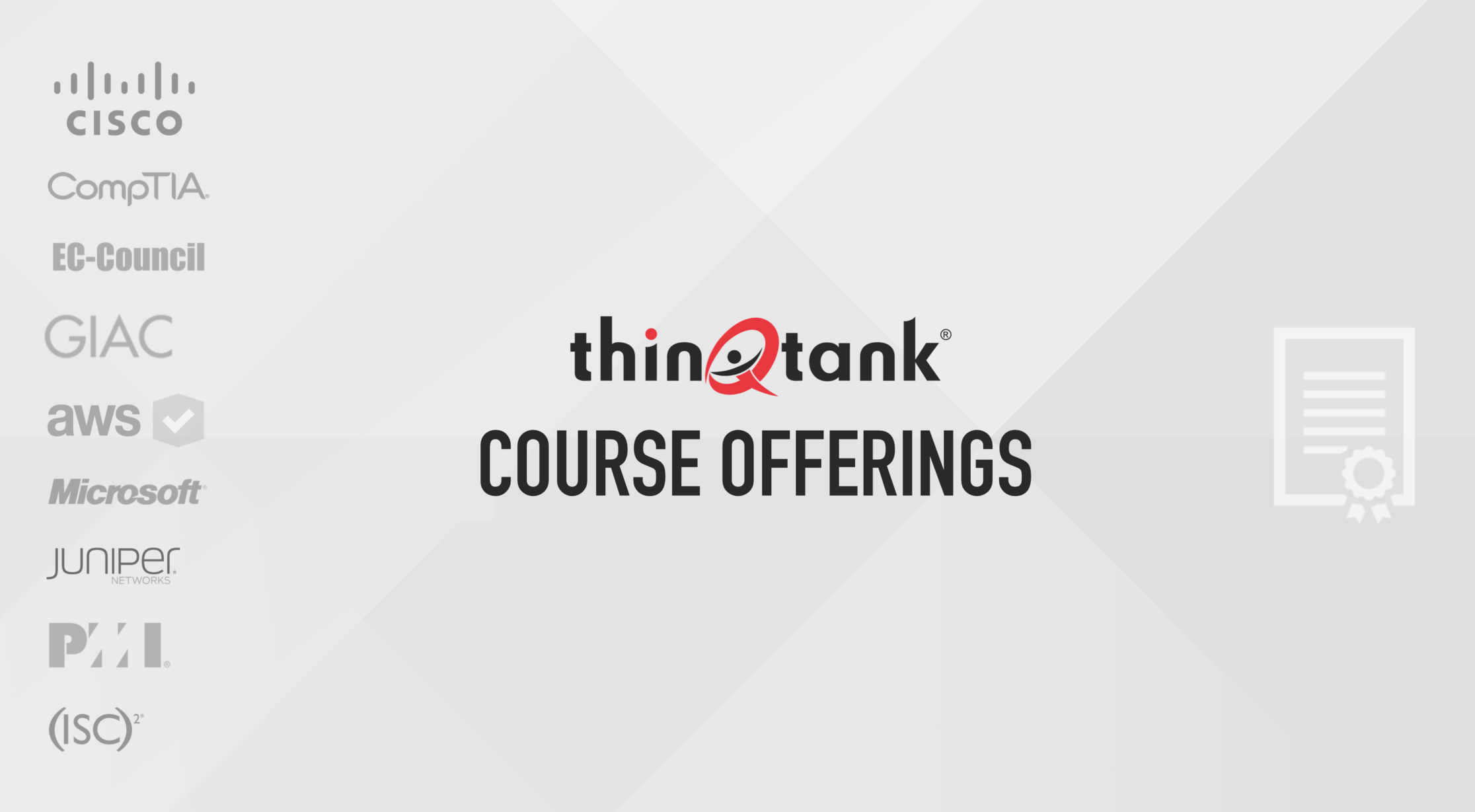Discovering The Value Of IT Certifications

As organizations fight for IT talent with proven skills, the business value of technical certifications is higher than ever. But choosing the right one is never an easy task.
Knowing which certification will help elevate your career or land a job is not only difficult, it’s different among different facets of IT.
Also, the best-known certifications aren’t necessarily the ones that will help you succeed. In fact, analysts warn that some certification vendors can throw enough money into promotion of their certifications to move the engagement needle, making the choice of which certification to choose even more difficult.
“The good ones are almost always performance-oriented and have a laboratory component involved that proves candidates can use their knowledge in the real world, “says Subhash Tantry, president of certification, testing and assessment platform provider Mettl.
Many certification programs are investing significant resources to add labs, hands-on problem solving and real-world fixes to their testing scenarios, according to Mettl. “It doesn’t do anyone much good to hire a candidate who can ace a multiple-choice test but can’t understand a solution in real life,” says Tantry.
However, if you find the right certification, it will add value to career, says Todd Thibodeaux, president and CEO of CompTIA. With every facet of a business reliant on technology in some form or fashion, it only makes sense that industry certified IT professionals remain in high demand.
“Doesn’t it make sense to place responsibility for critical IT investments in the hands of someone who is certified by their industry? Any organization that thinks it can’t afford to train and certify its IT staff should be asking, ‘Can I afford not to?’,”says Thibodeaux.
![]()
It’s one thing to hold a degree or point to acquired knowledge of IT concepts and theories, but it’s quite another to be able to prove, in practice, your command of technology and leverage it to make business more efficient. That’s exactly why IT certifications are so valuable to businesses, according to Thibodeaux.
“The value of technical certifications for business is greater than ever. Academic credentials validate that you have the classroom knowledge associated with the job you are applying for, but that book learning will only take you so far,” Thibodeaux says.
Industry certifications – whether from a technology vendor like Cisco, Microsoft, Juniper, Red Hat and others or through an independent organization such as Thibodeaux’s CompTIA – demonstrate that IT pros can apply that classroom knowledge in a real-world, on-the-job scenario, he says.
![]()
Businesses want certifications because it shows definitively that the talent they hire can perform at a certain level. Keeping them current is another demonstration of their discipline and dedication to their craft. “IT pros who go through the training and get certified, who maintain their certifications are much more marketable. They can prove their mettle and build successful careers based on what they can do and what they can build – not on what they can recite and repeat. These are the people businesses will continue to search for because they’ll always be able to make an impact,” Tantry says.
According to research from CompTIA, hiring certified employees saves businesses time and money. “Certified employees acclimate more quickly to new work environments, technologies and processes, which means fewer training hours, and their problem-solving skills are much more finely tuned,” Thibodeaux says.
“The learning curve is much shorter for a certified IT worker than it is for a non-certified counterpart. Certified workers are more likely to fix problems right the first time and are more adept at anticipating issues and resolving them before they become major problems,” Thibodeaux says.
![]()
And it’s not just technical proficiency. Certified IT professionals tend to have better soft skills including better communication and project management skills. “It’s that expertise that allows certified IT pros to identify ways to use technology to make the business operate more efficiently or less expensively. Being able to translate business talk into tech talk and back again; or combining tech skills with business savvy, such as project management, is a major differentiator for talent,” Thibodeaux says.
![]()
At a time when many employers struggle to find talent with the right combination of hard and soft skills, certification is a marker that identifies an individual with skills validated through education, training and testing, Thibodeaux says, and that can significantly speed up time-to-hire.
“Technology changes much more rapidly than any business practice; you’re talking about radical changes every twelve to eighteen months. Spend time testing and validating each IT candidate’s knowledge and skills before you hire them and you’ll end up way behind – before you’ve even started, “says Thibodeaux.
“Certification tends to be a good fit in the IT workforce. Certifications represent a trusted body of current and even cutting-edge knowledge that will help keep talent up to speed with validated skills, so you don’t have to. You can hire more quickly and get down to business,” he says.
Tantry agrees: “You can use certifications as a way to filter candidates by proficiency. Human capital is a business’ most valuable asset, so you need to make sure you’re getting the best and the brightest.” The importance of IT certifications and the demand for certified talent shows no signs of abating, says Thibodeaux. A CompTIA survey of hiring managers revealed that nine out of ten believed certifications were beneficial both to individual job seekers and to businesses.
![]()
“Certification programs today are evolving to become more performance-oriented. This gives them much more credibility in the eyes of an employer, and performance-based testing is much more valuable as an assessment tool. It’s expensive, but it’s worth it for both the certifying body or vendor, the candidate and a potential employer. I’d hire an IT professional with a certification before I’d hire someone without, all other experience, education, skills being equal. I believe most businesses feel the same,” says Tantry.
If you have any questions about our Training and Certification Programs, we would love to hear from you! Give us a call at 855-TO-THINQ (855-868-4467) or email website@thinqtanklearning.com.


